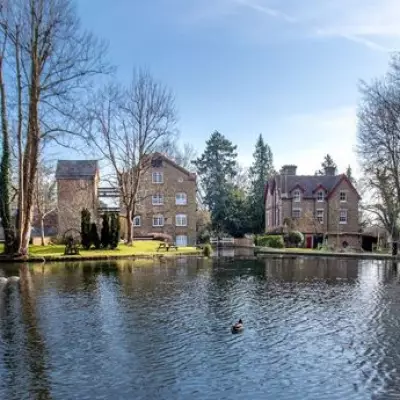
A quiet revolution is reshaping Britain's demographic landscape as Generation Z turns its back on urban living in favour of the countryside. While soaring city rents have long been driving young people away, new research reveals this migration represents a fundamental shift in values rather than just financial necessity.
The Great Escape: More Than Just Economics
According to recent data analysed by estate agent Savills, the number of 18-24 year-olds moving from cities to rural areas has surged by 26% since 2019. While cheaper accommodation remains a significant factor, young people are increasingly prioritising quality of life, community connections, and environmental concerns over city amenities.
What's Really Driving the Exodus?
The pandemic legacy of remote work has permanently altered expectations, with 68% of young professionals now stating they can perform their jobs effectively from anywhere. This newfound flexibility has empowered a generation to choose where they live based on lifestyle preferences rather than career demands.
Mental health and wellbeing emerge as crucial considerations, with three-quarters of surveyed movers citing reduced stress levels and improved life satisfaction since leaving urban environments. The countryside offers breathing space literally and figuratively from the relentless pace of city life.
Rural Renaissance: Not Your Grandparents' Countryside
Today's rural migrants aren't seeking isolation but rather different types of connection. They're transforming market towns into vibrant hubs, bringing with them urban expectations for:
- High-speed internet connectivity
- Co-working spaces and creative communities
- Diverse food and cultural experiences
- Sustainable living options
This influx is creating what experts call "the new rural economy" - a blend of remote professionals, digital entrepreneurs, and creative workers who are revitalising country communities while maintaining global connections.
The Challenges Ahead
This demographic shift isn't without complications. Local housing markets in popular rural destinations are experiencing price pressures, creating affordability challenges for long-term residents. Meanwhile, infrastructure demands are growing, particularly around:
- Broadband expansion in remote areas
- Public transportation improvements
- Healthcare service accessibility
- Educational facilities for growing families
As one recent migrant to Cornwall explained: "We're not running away from cities so much as running toward a different version of success - one that values time, space, and community as much as career advancement."
This generational migration represents more than a temporary trend - it's a fundamental reimagining of the British dream for the 21st century.





